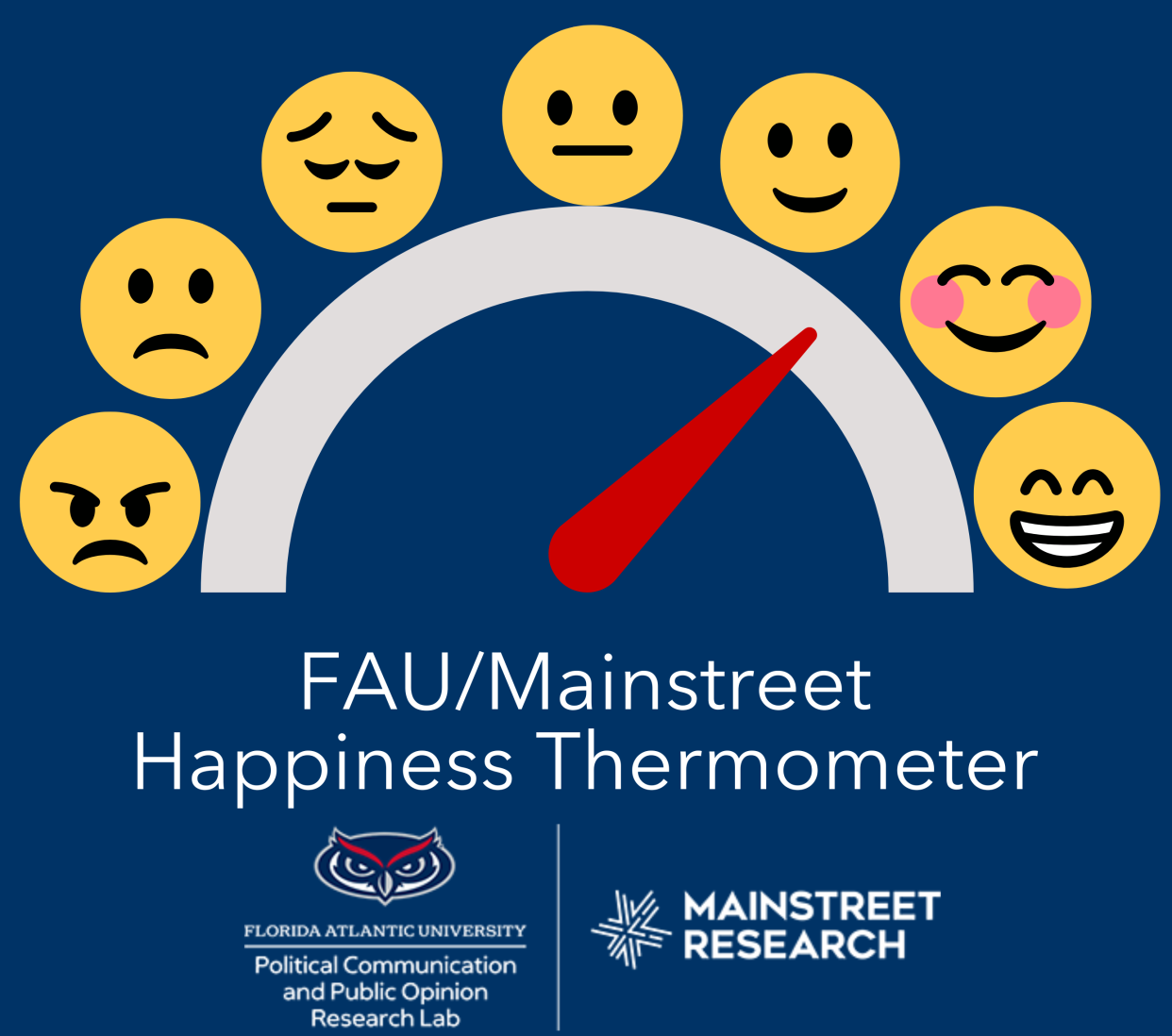Politics: Why it seems like American voters are unhappy about everything
Q. Why are American voters so angry and unhappy about everything?
A. While it may appear that Americans are unhappy, the data on that is a bit less clear. You may have recently celebrated, or perhaps barely noticed, that March 20 was the International Day of Happiness. This holiday was created by the United Nations General Assembly because happiness and well-being are seen as universal goals for all people. As part of that, the U.N. and partner groups released a study of world happiness, and contrary to popular opinion, Americans were far from last.
According to the World Happiness Report, which ask people across the globe about their level of happiness, the United States ranks a respectable, if not particularly laudable, 23rd. Scandinavian nations actually top the list with Finland 1st, Denmark 2nd and Sweden 4th. The happiest nations appear to do well in areas such as freedom, wealth, health and lower levels of corruption. The people indicating the most unhappiness come from nations that lack one or more of these factors, including countries such as Lebanon and Afghanistan.

Nonetheless, many Americans are angry and upset. Some of that is a product of the media we consume. Political scientists who study the formation of opinions and attitudes have long known that what people read and watch shapes the world they see. Since the advent of the Internet, how people get and consume news has changed. Many individuals tend to curate their social networks in a manner that surrounds them with like-minded individuals, inadvertently creating echo chambers that amplify and reinforce their established views.
More on happiness: There are no happy young people in the US due to TikTok, and yes, it's been proven.
This can lead to the entrenchment of polarized opinions and the perpetuation of biases. Living inside of one’s own media bubble allows a person to avoid contrarian viewpoints and foments a perpetual cycle of reinforcement, which can result in radicalization and anger with anyone who is seen to be outside that bubble. What makes this even more troubling is that studies have shown that people are more likely to engage with information that evokes an emotional response. Unfortunately, stories provoking anger tend to get more engagement on social media platforms and consuming a diet of such material can shape attitudes in that direction.
However, not all Americans are angry or unhappy. In fact, most are not. FAU’s Political Communication Lab with Mainstreet Research recently measured national happiness and found that 66% of respondents expressed satisfaction with their lives including a majority of both Republicans and Democrats. Part of the reason we perceive greater unhappiness, is likely a product of how different reality is from the world we see online or in some of the videos we consume. There are unhappy people in the U.S., but unhappiness is not as prevalent as it may appear.
More from Kevin Wagner: Civics Project explainer: How social media changes politics | Opinion
Interestingly, the FAU survey did highlight a troubling finding. Young people are much less likely to be happy than seniors. Only 42% of young voters were satisfied, while 70% of voters over the age of 65 expressed high life satisfaction. A majority of millennials and generation Z said they were dissatisfied. This is particularly troubling, as FAU’s Dr. Carol Mills noted that historically younger Americans have had higher levels of happiness and optimism. If that unhappiness persists, than there is cause for long-term concern.

Kevin Wagner is a noted constitutional scholar and political science professor at Florida Atlantic University. The answers provided do not necessarily represent the views of the university. If you have a question about how American government and politics work, email him at kwagne15@fau.edu or reach him on Twitter @kevinwagnerphd. You can read past columns here:https://www.palmbeachpost.com/search/?q=kevin+wagner
This article originally appeared on Palm Beach Post: Civics Project explains why American voters seem so angry and unhappy
